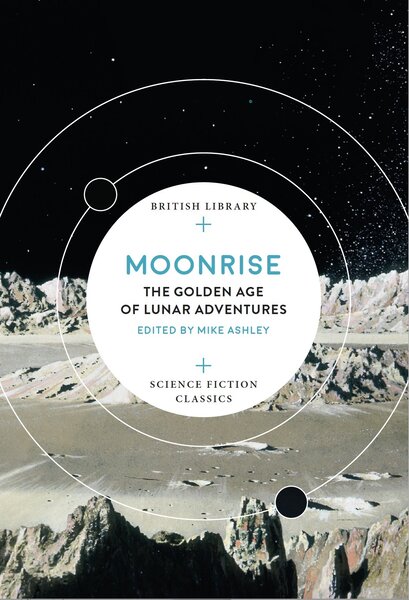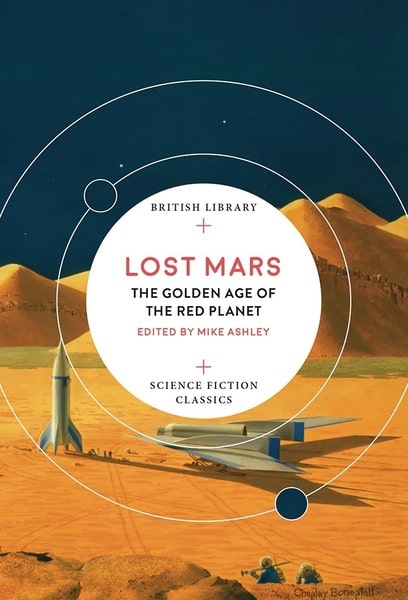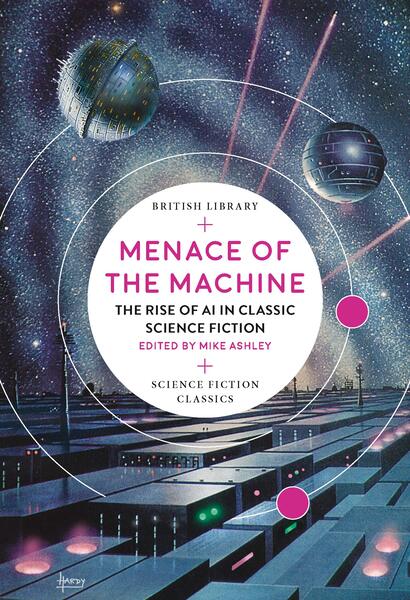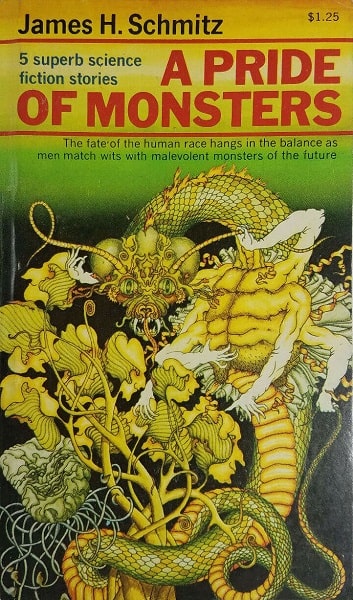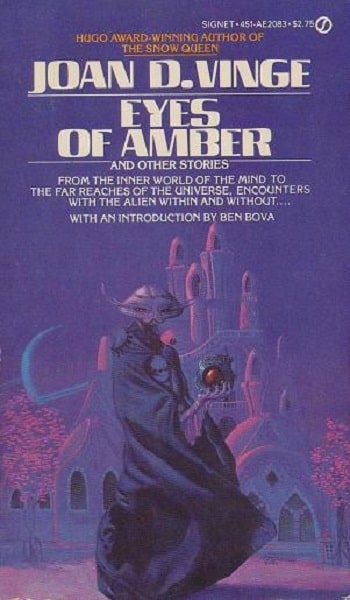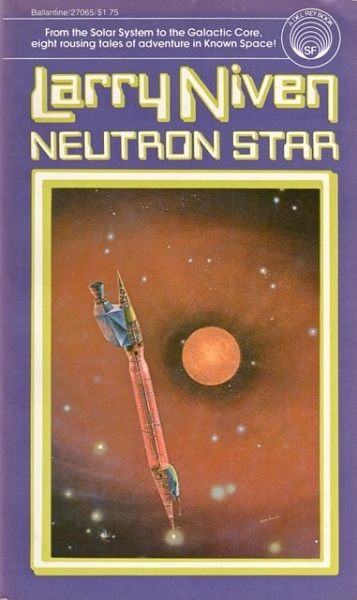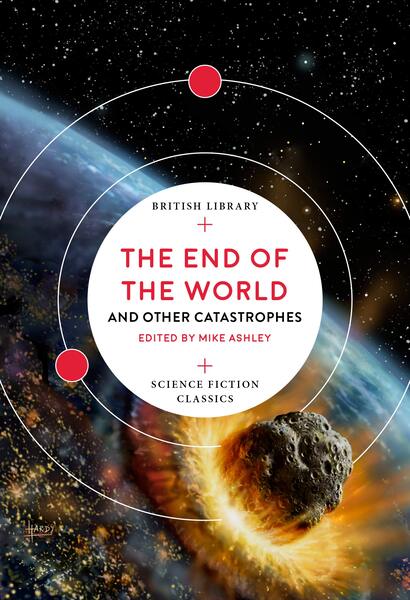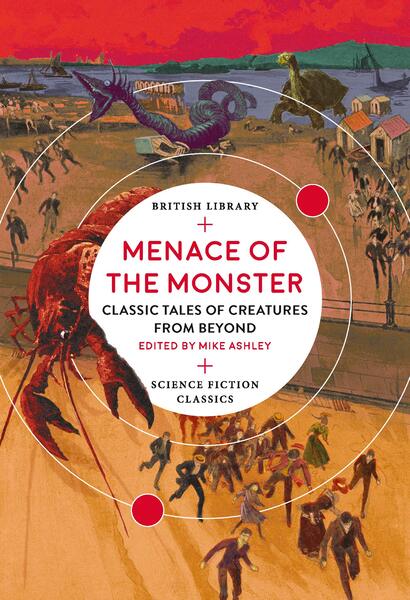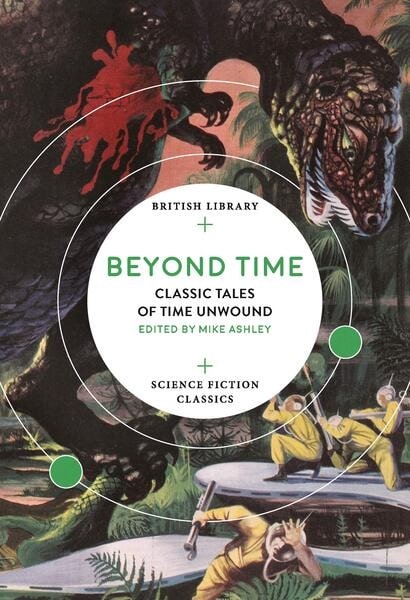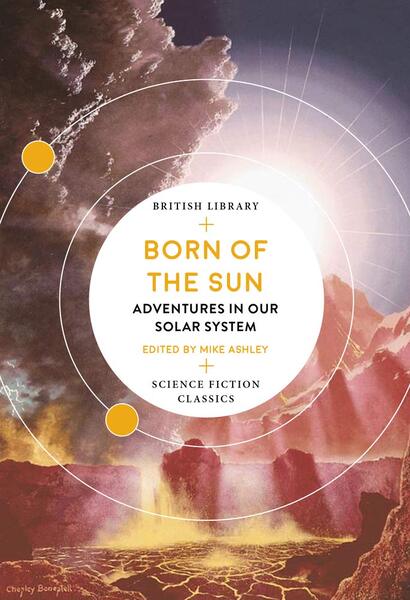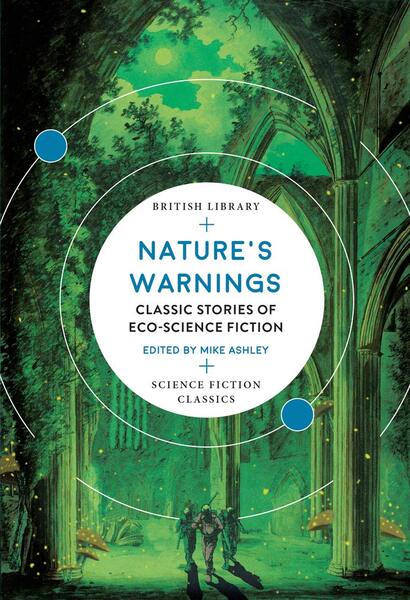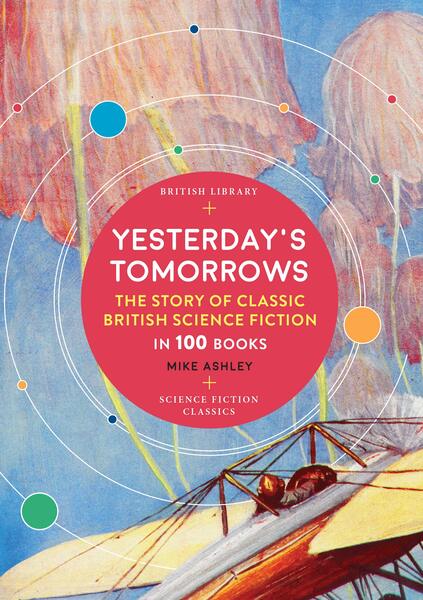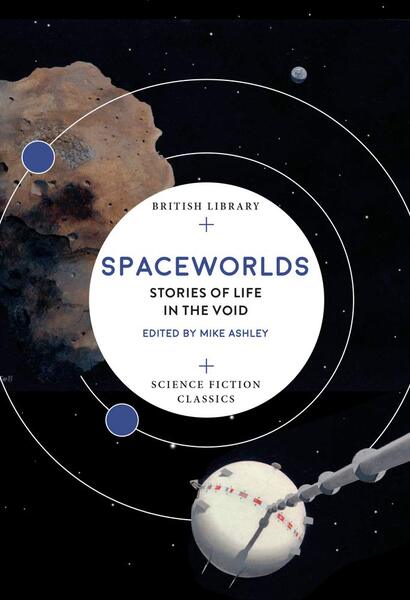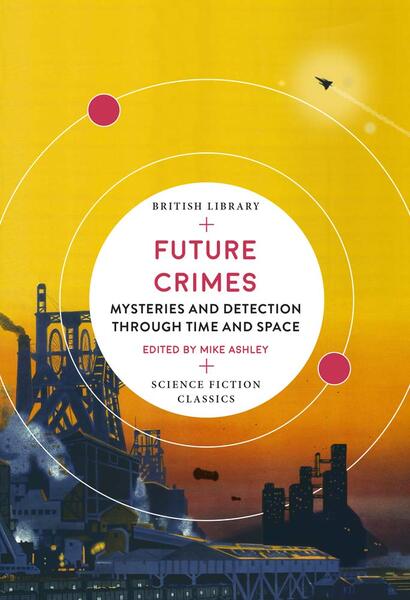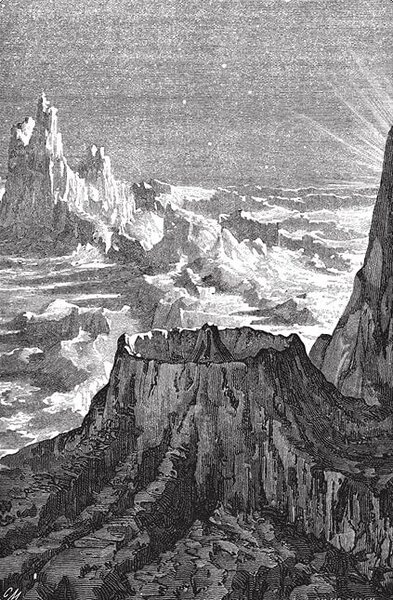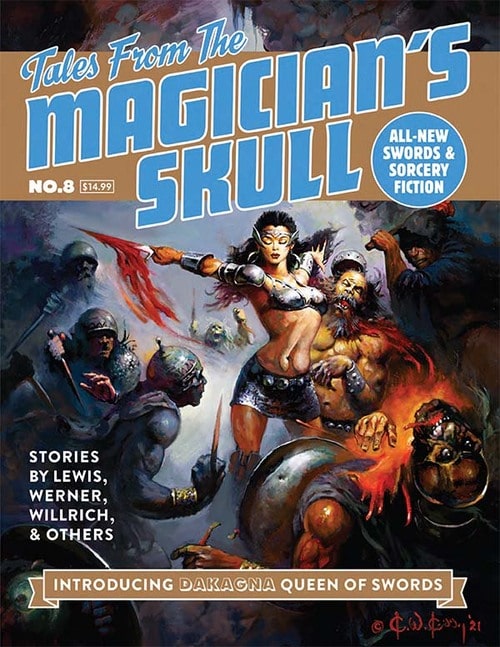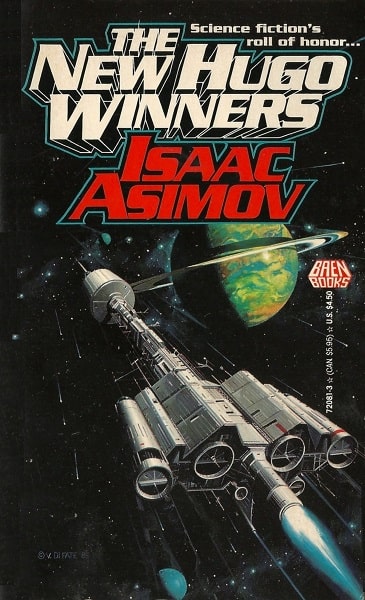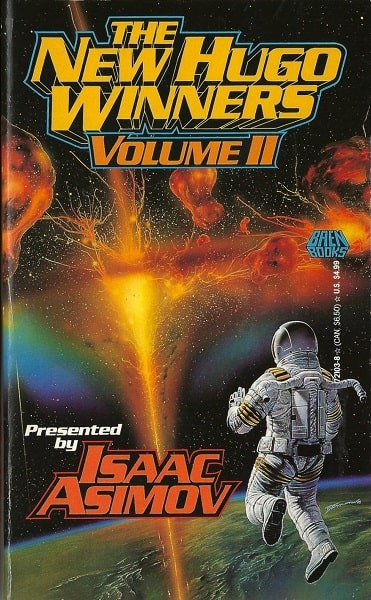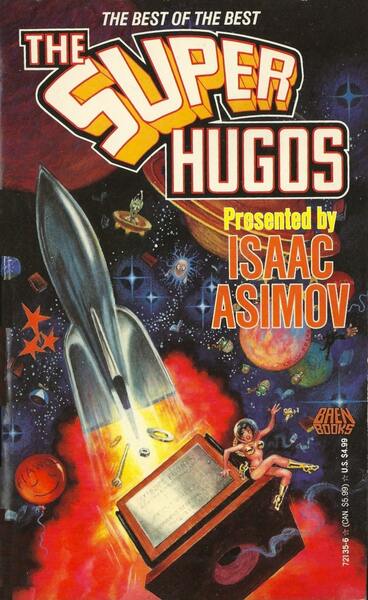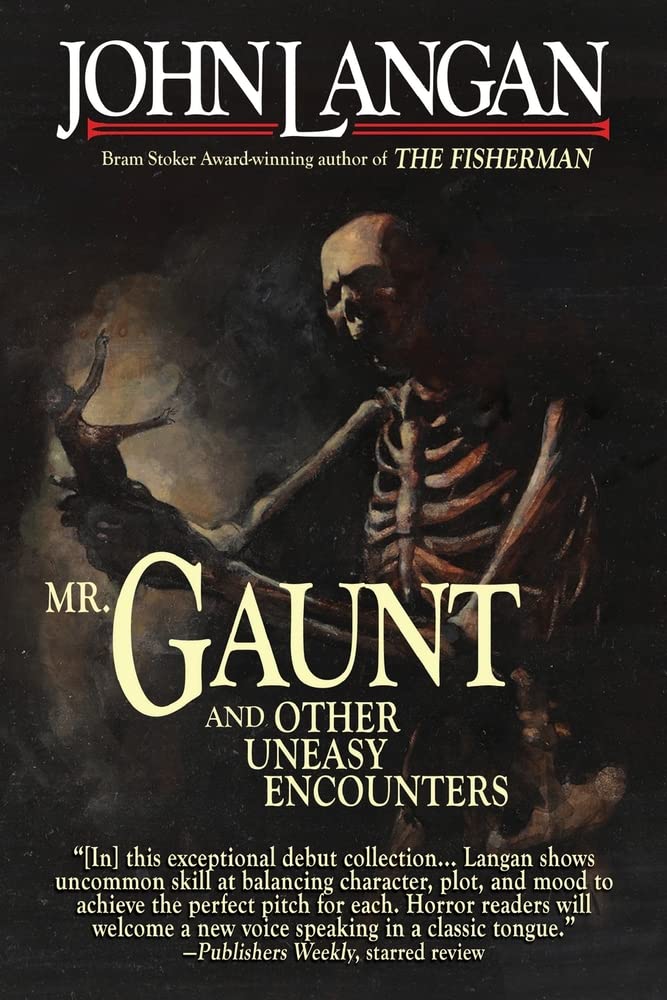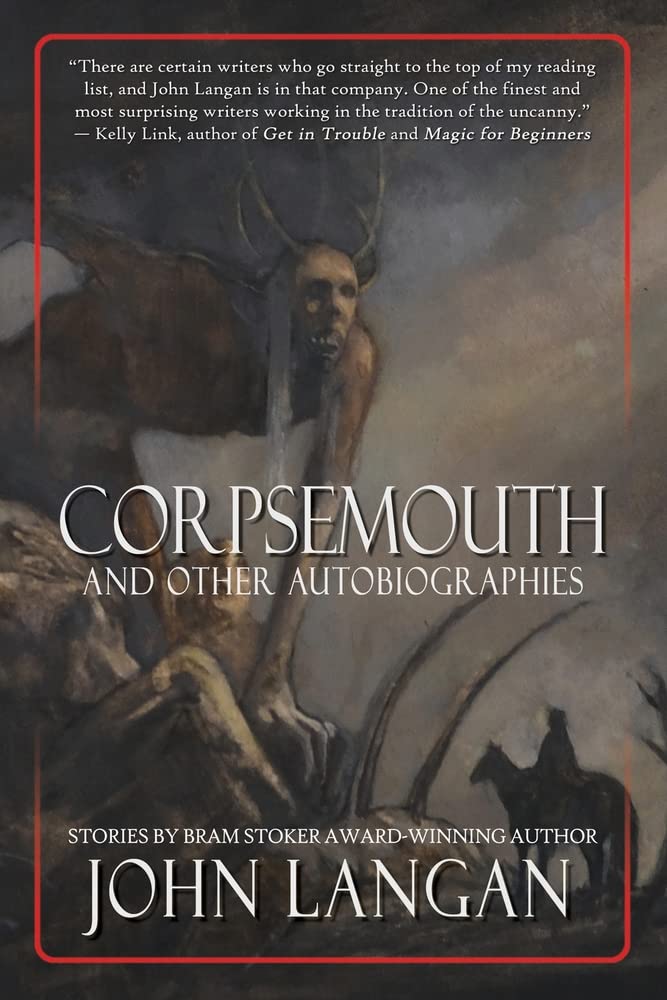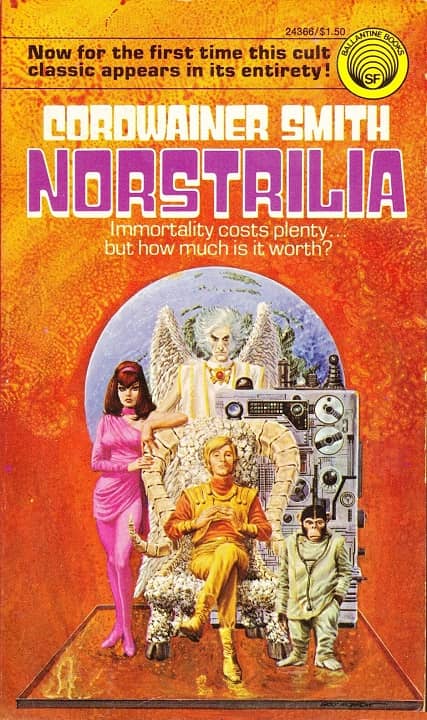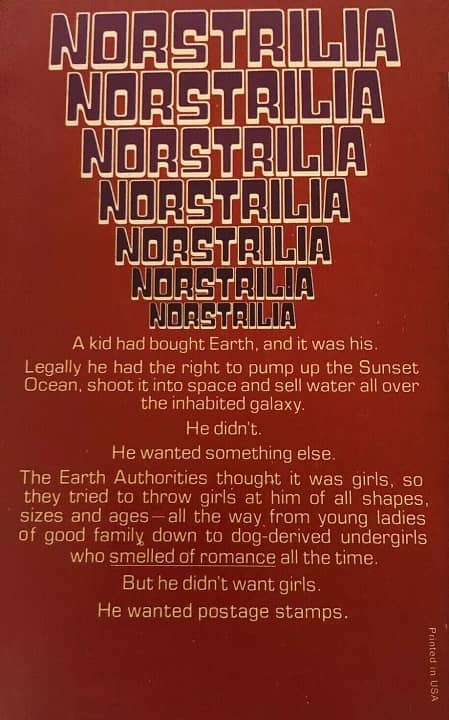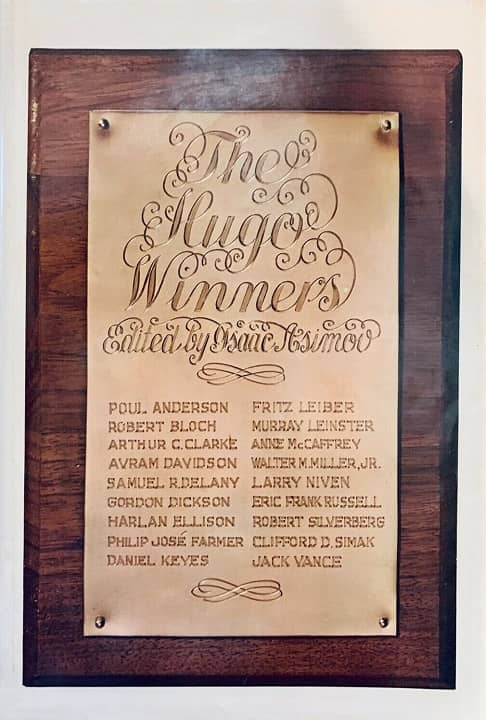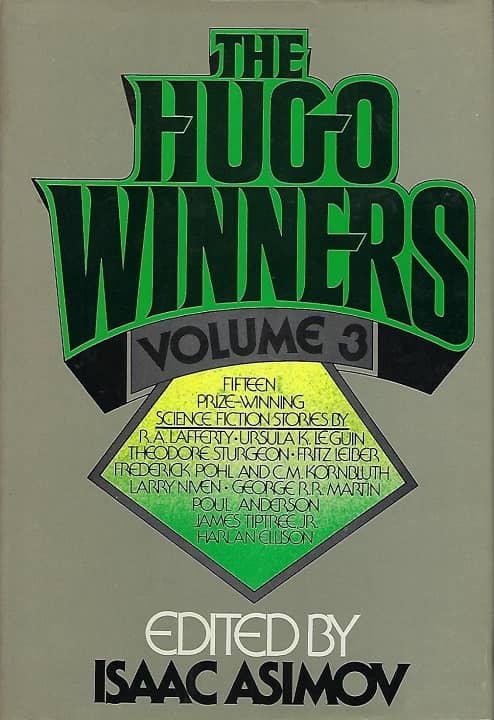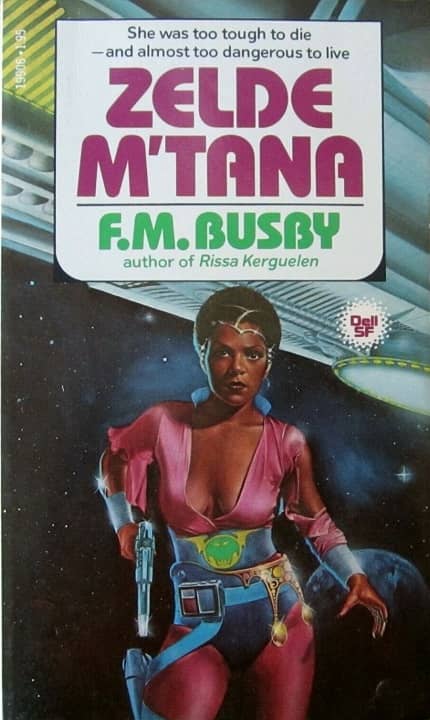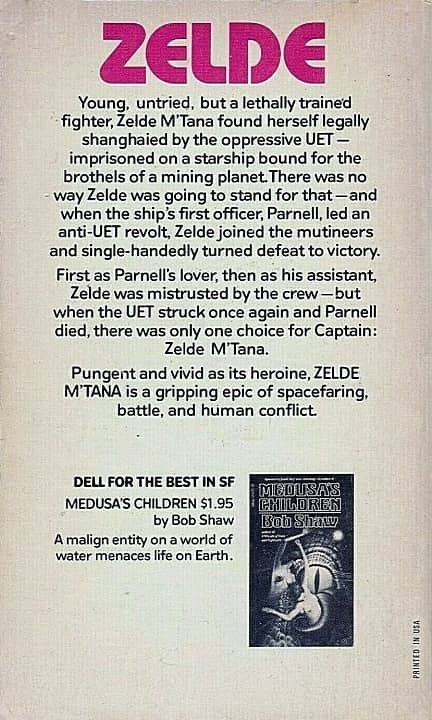Give Yourself Some Weird Horror for Christmas
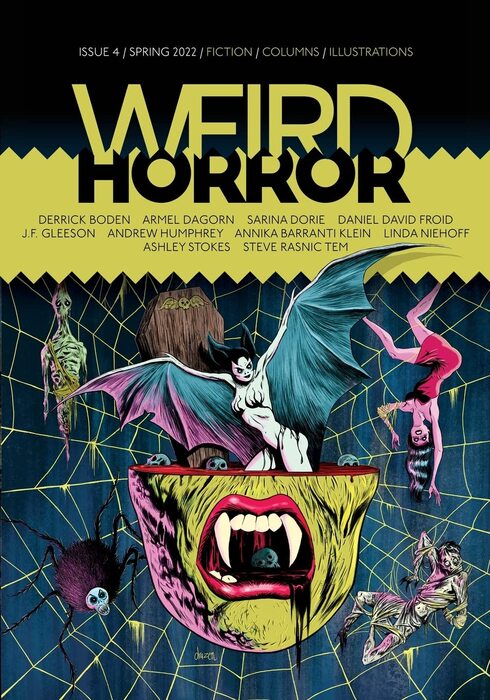 |
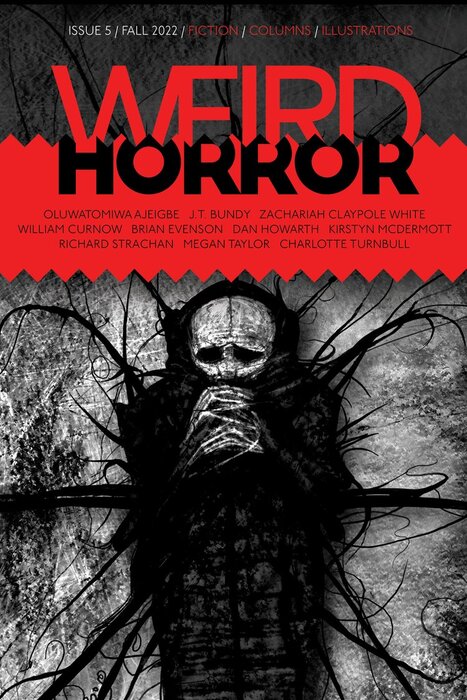 |
Weird Horror issues 4 and 5 (Undertow Publications, Spring & Fall 2022). Covers by Drazen Kozjan and Barandash Karandashich.
I love watching a new fantasy magazine get its sea legs. It’s been a real treat to see this decade’s crop of best new mags — including Tales from the Magician’s Skull (edited by Howard Andrew Jones), Startling Stories (helmsman Douglas Draa), New Edge Sword and Sorcery (edited by Oliver Brackenbury), and Wyldblood (Mark Bilsborough) — carve out unique identities, and grow better and better with each issue.
One of the best of the new lot — and there are times when I think it is the best — is Weird Horror, published by Michael Kelly’s Undertow Publications. Michael has been editing horror and dark fantasy for over a decade, and he’s one of the most gifted and respected editors in the industry. The roster at Weird Horror reflects that; in the last two years they’ve published new fiction from the best new horror writers in the biz, including John Langan, Steve Rasnic Tem, Brian Evenson, Josh Rountree, Stephen Volk, Steve Duffy, and Richard Strachan.
But the very best mags don’t rely on fiction alone. And what really makes we look forward to each new issue of Weird Horror are the lively columns by an enviable stable of authors, including Simon Strantzas On Horror, Orrin Grey Grotesqueries, Lysette Stevenson’s The Macabre Reader review column, and Tom Goldstein’s Aberrant Visions.
